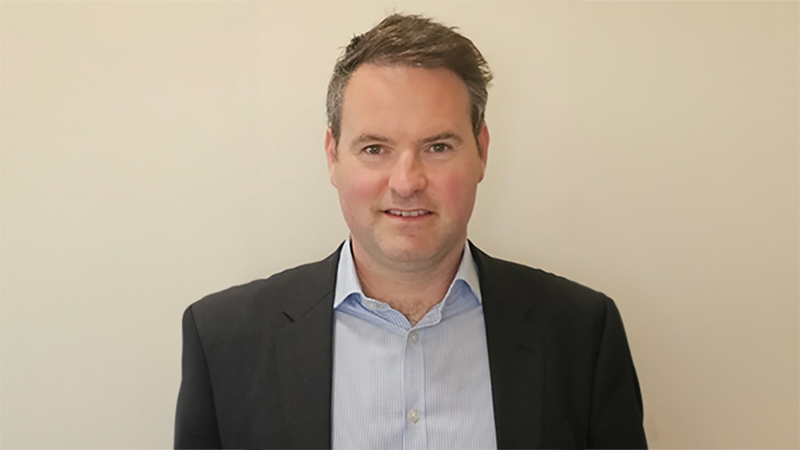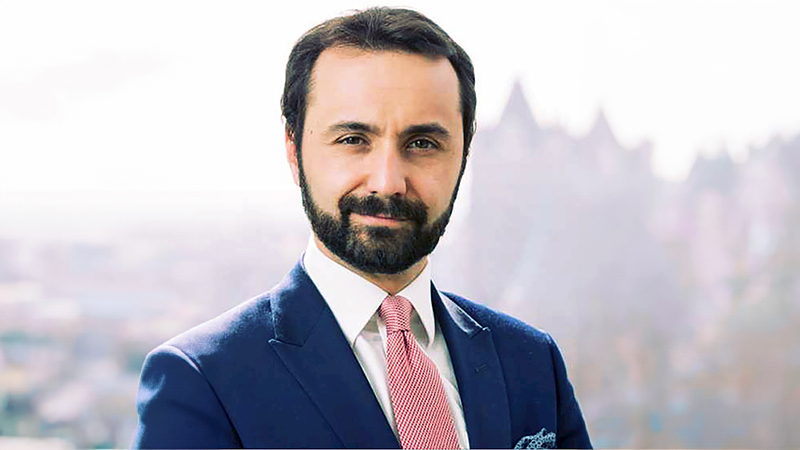The £210m investment trust, managed by Nick Train (pictured), returned 22.6% for shareholders, despite a flat net asset value of 0.9%. Its premium more than doubled from 18% to 42%. While the premium widened over the quarter, it is still much lower than the premium of 72% for the investment trust at the start of 2017.
Overall, the investment trust sector outperformed the FTSE All Share delivering smaller losses of 5% over the three-month period ending 31 March, compared to 8% falls in the UK index. The NAVs of 158 investment trusts fell in Q1 compared to just two for the same period in 2017.
In contrast to Lindsell Train, discounts for investment trusts as a whole widened from 3.5% to 5%.
Global equity income was one of six sectors that delivered positive returns over the quarter. UK All Companies, UK Equity Income and UK Smaller Companies rose 2%, 2% and 1% respectively, but Stifel said there was a disconnect with their declining NAVs.
Hedge funds and VCTs were the remaining sectors that delivered positive returns.
Independent Investment Trust returned 10% for shareholders and, like Lindsell Train, its premium swelled significantly over the period from 7% to 21%.
In contrast, the NAV of Fidelity Japanese Values, which last month announced plans to overhaul the investment trust, performed well, but its discount widened, therefore preventing it from becoming one of the month’s top performers.
Architas investment director Adrian Lowcock said a premium above 40% is “a bit rich”, even for Train, who he described as an excellent manager.
“This could reflect the view of investors preferring the defensive or quality growth stocks which Lindsell Train are renowned for buying and the focus on the long term which helps to ignore short-term volatility in markets,” Lowcock said.
Train last month denied claims his portfolios are full of “bond proxies” and would therefore underperform in a rising interest rate environment.
Infrastructure suffers
Infrastructure was the worst performing investment trust sector in Q1, followed by Technology and Media and Biotechnology.
Ecofin Global Utilities and Infrastructure was the largest price faller, losing 15%, followed by HICL Infrastructure (-13%) and International Public Partnership (-11%).
Stifel blamed the collapse of Carillion and political rhetoric from the UK Labour Party about nationalisation for infrastructure’s poor performance. It said in the note it believed the fears were “overblown”.
Elsewhere, Donald Trump’s rhetoric hit companies exposed to the US and biotechnology.
Trump’s declaration of a trade war affected Gabelli Value Plus, which returned -11% over Q1, North America Income (-10%) and JP Morgan US Smaller Cos (-10%).
Stifel said Trump’s plans to bring “out of control” drug prices down had a negative effect on the Biotech sector, in particular Biotech Growth (-11%), International Biotechnology (-10%) and Polar Capital Global Healthcare (-10%).











